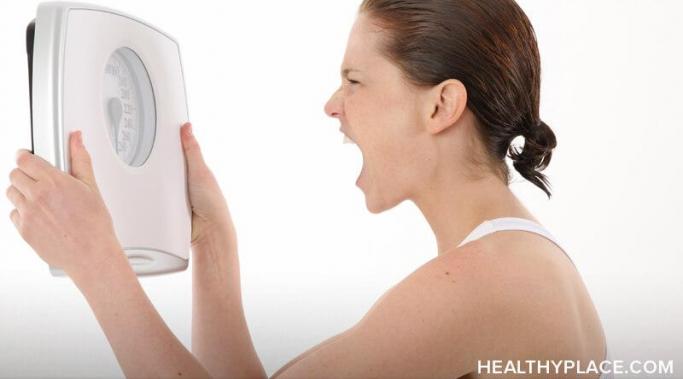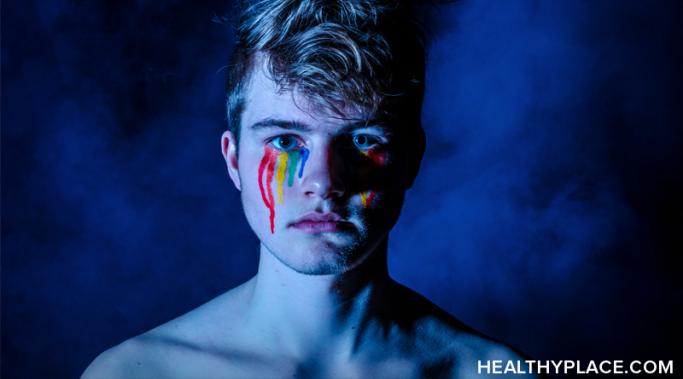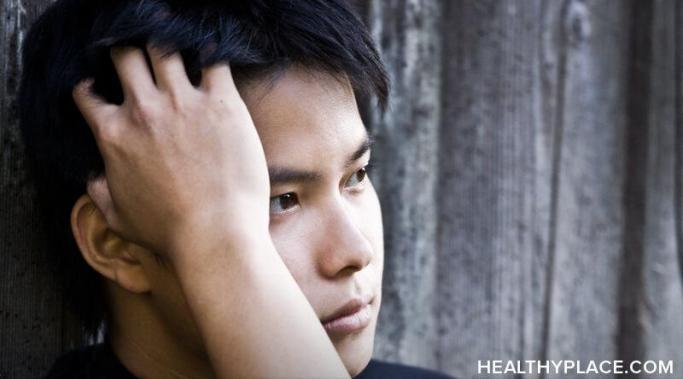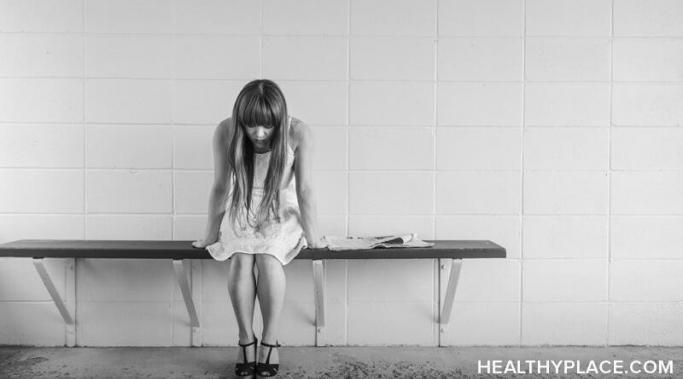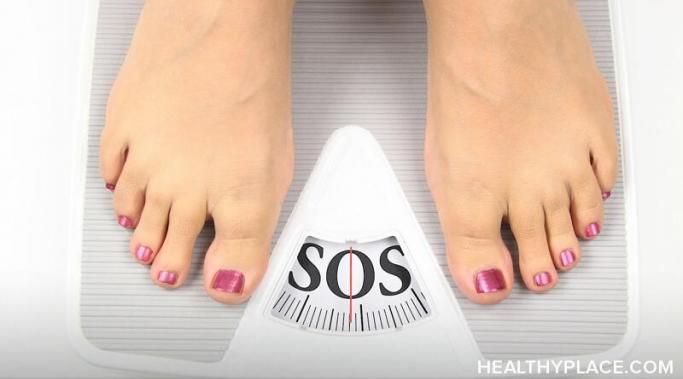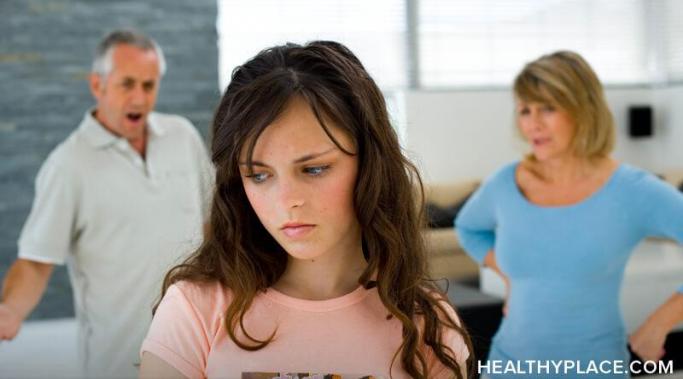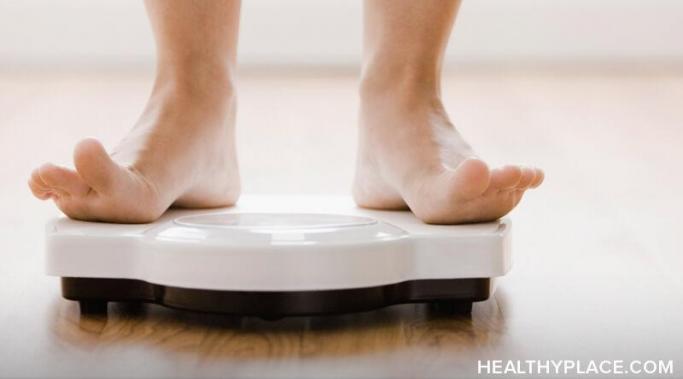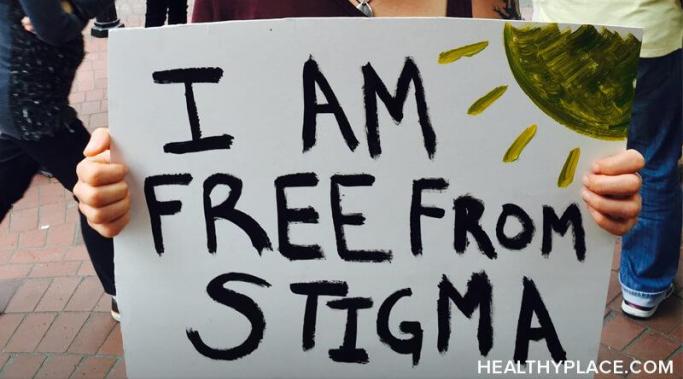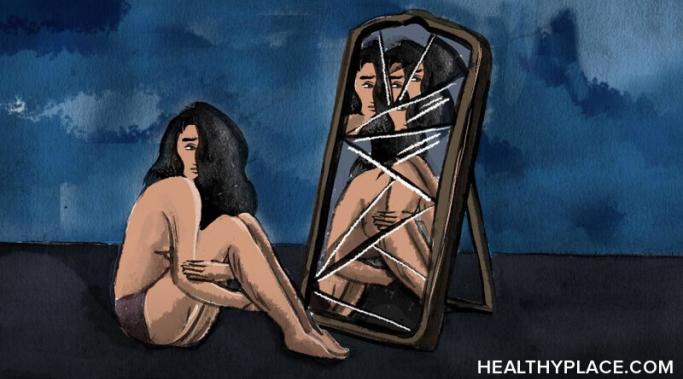Some men play a role in causing eating disorders in women. When I first began to experiment with the behaviors that would morph into a severe battle with anorexia, my 15-year-old self had no idea I was about to be complicit in a systemic intersection between eating disorders and the patriarchy. Even as a teenager, I admired the ethos of feminism—I was drawn to independent, fierce, opinionated women, and I sought to become one myself. But I also harbored a secret, a paradox that challenged the same feminism I tried to be part of. I was determined to curate a body that mirrored cultural standards of beauty which had been impressed on females like me from the time I could remember. So with each calorie I restricted or meal I avoided, I reaffirmed the subtle power of gender inequality. I was not aware of this back then, but since I am now, I want to explore that men can play a role in causing eating disorders in women.
Identity
While anorexia, bulimia, and other related illnesses can affect the members of any population, evidence shows eating disorders have a disproportionate impact on youth in the lesbian, gay, bisexual, transgender, queer (LGBTQ) community. As of 2018, more than 50 percent of U.S. residents between the ages of 13 and 24, who self-identify as LGBTQ, have suffered from an eating disorder at some point in their lives. This research is based on a nationwide survey of 1,034 people within this demographic, and it stands to reason, this steep percentage is a result of the unique obstacles or traumas that LGBTQ individuals often experience. So let's discuss how eating disorders can impact youth in the LGBTQ community—and how to support those who face this painful reality.
When was the last time any of us heard someone talk about a connection between men and eating disorders? My hunch is, not recently. And that's because this segment of the eating disorder population is rarely discussed. A common assumption is that eating disorders only affect women and girls, but this eating disorder stereotype is harmful—sometimes even lethal—to the estimated 10 million boys and men who suffer from this illness in the United States. Due to a lack of awareness about eating disorders as nondiscriminatory between genders, men often feel amplified shame around their struggle which can deter them from seeking out resources, treatment, and a healing community. So as a culture, we need to break this harmful stigma. We need to talk vulnerably and honestly about men and eating disorders.
In the midst of my recovery process from anorexia and all the associated behaviors that came with it, I have often asked myself this recurring question: is there a connection between puberty and eating disorders? While I cannot speak for every person who has suffered from an eating disorder, on the basis of my own narrative, these two experiences are linked, and there are several reasons for this.
I have a slew of insights about understanding eating disorders for family and friends, but I often don't have the language to communicate it all. I suspect that I'm not alone in this predicament. My hunch is most people with disordered eating issues struggle to attach words to their experience. Because eating disorders are complex illnesses that oppress the body, mind and spirit, they are painful to discuss. And their secretive, withdrawn nature can make people on the outside feel confused, wounded or even angered. They might perceive the eating disorder sufferer's actions as callous, apathetic, disingenuous and selfish. But while eating disorders do perpetuate this kind of behavior, it's not indicative of the person's true character. Underneath that hard, stony facade is someone desperate to feel accepted and validated. So I need understanding--understanding about eating disorders from family and friends—and if you can relate, I encourage you to use these talking points with your loved ones too.
Building personal boundaries in eating disorder recovery helps to make the healing a priority. But when it comes to eating disorder recovery, how can you maintain effective personal boundaries, and why do those boundaries even matter in the first place? It's important to realize the purpose of having personal boundaries is not to prevent all relationships from nurturing—but to protect the safe relationships from becoming unhealthy. Constructing and asserting personal boundaries will equip you to prioritize eating disorder recovery while teaching the people you care about which behaviors toward you are appropriate and which should be re-evaluated.
The lies your eating disorder tells you will prevent your recovery. The eating disorder masquerades as your closest friend and trusted confidant, but it is a fraud, and the lies your eating disorder tells you saturate your brain and hold you back from eating disorder recovery. The more entrenched those lies become, the more fearful you are of envisioning a future that doesn’t revolve around the eating disorder. You’re trapped in a vortex of wanting to escape its death-grip but wondering if you’ll have a sense of purpose or an identity without the eating disorder. The eating disorder is a persuasive storyteller—I believed it for decades, and am often still tempted to again. But those lies that your eating disorder tells you to hold you back from eating disorder recovery aren't worth pursuing once you know the truth.
The language society uses when talking about eating disorders is weird. But as survivors—or allies of survivors—with firsthand experience of the illness, we have the power to change this dialogue. Within the context of mainstream culture, eating disorders and those of us impacted by them, are often branded with limiting quantifiers and descriptors. These labels seem like barriers in direct opposition to eating disorder recovery, but we can either accept the status quo or initiate another conversation—one that advocates for the potential of courage, strength and healing.
Positive affirmations in eating disorder recovery can be life-savers. "I am more than a body," is one of the most crucial eating disorder mantras to adopt because one of the harmful myths an eating disorder will urge you to believe is that physical appearance is all you can offer this world. But the truth is you are more than a body. Adopting positive affirmations in eating disorder recovery helps you heal, and here's what makes this one affirmation crucial.
Sexism contributes to the prevalence of eating disorders in women, but on the flip side, approaching eating disorders from a feminist outlook can be an important tool for recovery. Our social constructs view gender through a binary lens in which men are the objectifiers and women are the objectified, causing female bodies to be sexualized. This idea makes women feel pressured to meet the conventional standards of beauty, often resorting to extreme behaviors if their physical features are outside the “norm.” But dismantling these restrictive and harmful stereotypes could promote more body acceptance in our culture. Because sexism and eating disorders are connected, a feminist perspective can help to reverse this issue.
